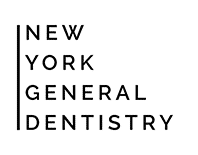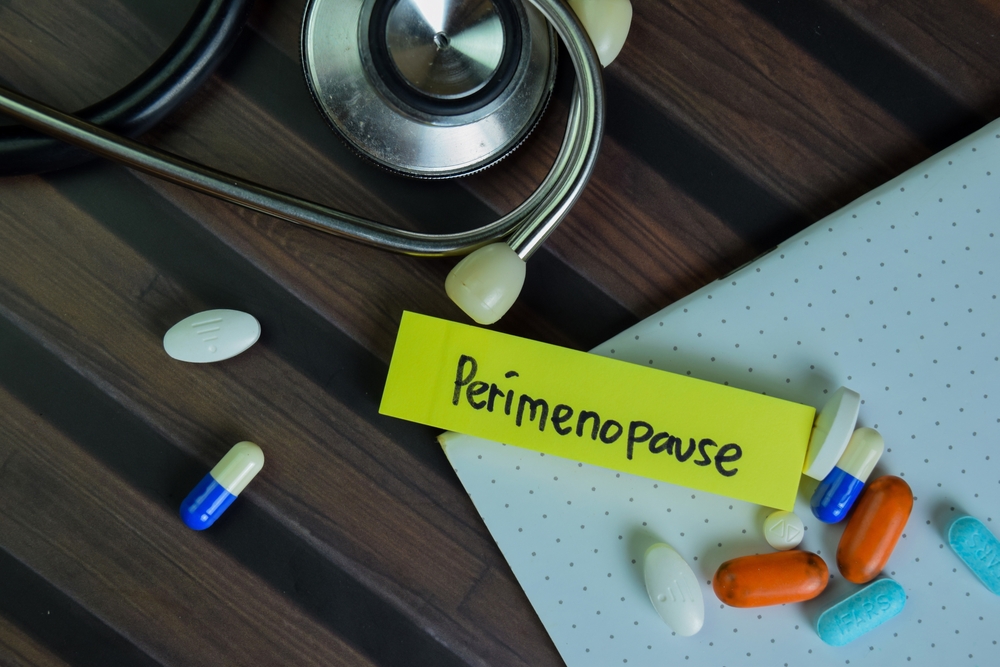Perimenopause—the transitional phase leading to menopause—brings hormonal shifts that affect nearly every part of a woman’s body, including oral health. For women in Manhattan, understanding these changes is critical to maintaining a healthy smile during this stage. Dr. Inna Chern, DDS, a leading expert in women’s oral health specialists in New York, explains how fluctuating hormones impact dental health and shares actionable strategies to protect your teeth and gums.
How Perimenopause Affects Dental Health
During perimenopause, declining estrogen levels and various medications can lead to:
- Dry mouth (xerostomia): Reduced saliva production increases the risk of tooth decay and gum disease.
- Gum sensitivity and inflammation: Hormonal changes make gums more prone to irritation and bleeding.
- Bone loss in the jaw: Lower estrogen levels may contribute to bone density loss, affecting tooth stability.
- Burning mouth syndrome: Some women report a burning sensation or metallic taste due to hormonal shifts.
These changes highlight why specialized Manhattan dental care is essential for women navigating perimenopause.
Key Challenges in Perimenopause Dental Health
1. Combatting Dry Mouth
Saliva neutralizes acids and washes away bacteria. To manage dryness:
- Stay hydrated with water (avoid sugary drinks).
- Use alcohol-free mouthwash or saliva substitutes. Carifree products are our office goto
- Discuss medications with your doctor, as some worsen dry mouth.
2. Preventing Gum Disease
Inflamed gums are a common concern. Dr. Chern recommends:
- Brushing twice daily with fluoride toothpaste.
- Flossing daily or water flossing to remove plaque between teeth.
- Scheduling professional cleanings every 3–4 months.
3. Addressing Jaw and Facial Changes
Hormonal shifts can exacerbate TMJ discomfort or alter facial structure due to bone loss. Our team offers TMJ treatment in Manhattan to relieve pain and restore function.
Proactive Tips for Maintaining Oral Health
- Prioritize Nutrition: A diet rich in calcium and vitamin D with K2 supports jawbone health.
- Avoid Triggers: Limit alcohol, caffeine, and tobacco, which worsen dry mouth.
- Explore Cosmetic Solutions: For facial changes linked to bone loss, youthful natural facial aesthetics can restore confidence.
New Research: Progesterone’s Potential Impact on Periodontal Health
Recent research has uncovered an intriguing connection between progesterone and periodontal health in perimenopausal women. A small but compelling study suggests that dydrogesterone (DG), a synthetic form of progesterone, may enhance the outcomes of periodontal therapy. The study found that when combined with standard periodontal treatment, DG appeared to:
- Reduce inflammation in the gums
- Positively alter oral microbiota composition, decreasing harmful bacteria and increasing beneficial ones
- Improve overall gum health indicators, including pocket depth and bleeding
While more research is needed, these findings highlight the potential role of hormonal therapies in managing oral health during perimenopause. If you’re experiencing gum issues during this transitional phase, we encourage you to discuss these new insights with our team to explore comprehensive treatment options.
Why Choose Manhattan Dental Care?
At New York General Dentistry, we tailor treatments to perimenopausal women’s unique needs. Dr. Chern and her team specialize in:
- Hormone-related gum disease management.
- Custom dry mouth solutions.
- Preventive care to combat bone loss.
- Supplementation guidance
Take Action Today
Don’t let perimenopause compromise your smile. Schedule a consultation with our women’s oral health specialists in New York to create a personalized care plan. Visit our contact page or call us directly to book your appointment.
By addressing hormonal impacts early, you can maintain optimal oral health and enjoy a confident, vibrant smile through every life stage.
For over 20 years, Inna Chern DDS FAGD, has been offering personalized, high-tech dental care to Manhattan and NYC residents. With a focus on individualized attention and the latest technology, her modern Midtown East office aims to reshape dental care perceptions in New York by prioritizing patient well-being and innovative services.




